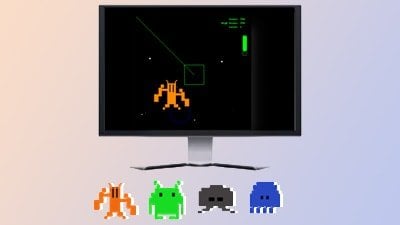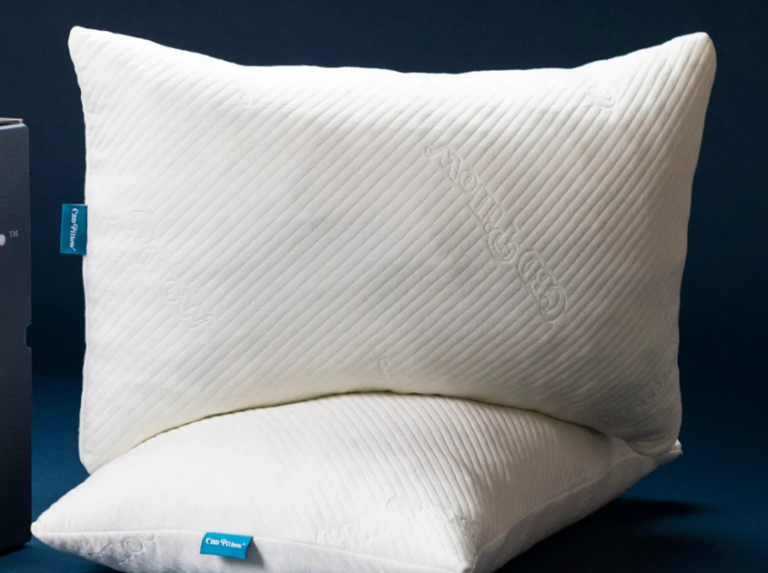The cognitive skills used to learn how to ride a bike may be the key to a more accurate understanding of developmental dyslexia. And they may lead to improved interventions.
Carnegie Mellon University scientists investigated how procedural learning — how we acquire skills and habits such as riding a bike — impacts how individuals with dyslexia learn speech sound categories. Published in Cortex, Lori Holt and Yafit Gabay found for the first time that learning complex auditory categories through procedural learning is impaired in dyslexia. This means that difficulty processing speech may be an effect of dyslexia, not its cause.
“Most research on the cause of dyslexia has focused on neurological impairments in processing speech sounds that make up words, and how dyslexic individuals have difficulty learning how to map visual letters to those sounds when they are learning to read,” said Holt, professor of psychology in CMU’s Dietrich College of Humanities and Social Sciences and Center for the Neural Basis of Cognition (CNBC).

“Our finding that procedural learning is impaired in dyslexia is important because it links observations of procedural learning deficits in dyslexia, which are not language-specific, with the phonological impairments so typical of dyslexia.”
To determine procedural learning’s role in processing speech sounds, adults with dyslexia and a control group played a video game. Holt developed the game and previously used it to show that it engages procedural learning of speech and non-speech sounds among listeners who do not have dyslexia.
While navigating through a three-dimensional outer space-themed environment, listeners heard novel complex nonspeech “warble” sounds that they had never before encountered. The object of the game was to shoot and capture alien characters. Each of the four visually distinctive aliens was associated with a different sound category defined by multiple, somewhat variable, sounds. As participants moved throughout the game, game play speed increased and encouraged players to rely more on aliens’ sounds to guide navigation.
The results showed that the participants with dyslexia were significantly poorer than the control group at learning the sound categories that corresponded with the different aliens and generalizing their learning to new sounds introduced after the game.
When we speak, our enunciation and pronunciation of words and syllables fluctuates and varies from person to person. Given this, how do infants decode all of the spoken sounds they hear to learn words and meanings?
“Auditory training has already shown promise in remediating phonological and reading skills in dyslexia. Understanding the nature of how procedural learning deficits interact with auditory category learning in dyslexia will direct evidence-based approaches to the next generation of dyslexia interventions,” Holt said.
About this dyslexia research
Funding: The National Institutes of Health funded this research.
Source: Shilo Rea – Carnegie Mellon University
Image Credit: The image is adapted from the Carnegie Mellon press release
Video Source: The video is available at the CMUHSS YouTube page.
Original Research: Abstract for “Incidental learning of sound categories is impaired in developmental dyslexia” by Lori Holt and Yafit Gabay in Cortex. Published online August 21 2015 doi:10.1016/j.cortex.2015.08.008
Abstract
Incidental learning of sound categories is impaired in developmental dyslexia
Developmental dyslexia is commonly thought to arise from specific phonological impairments. However, recent evidence is consistent with the possibility that phonological impairments arise as symptoms of an underlying dysfunction of procedural learning. The nature of the link between impaired procedural learning and phonological dysfunction is unresolved. Motivated by the observation that speech processing involves the acquisition of procedural category knowledge, the present study investigates the possibility that procedural learning impairment may affect phonological processing by interfering with the typical course of phonetic category learning. The present study tests this hypothesis while controlling for linguistic experience and possible speech-specific deficits by comparing auditory category learning across artificial, nonlinguistic sounds among dyslexic adults and matched controls in a specialized first-person shooter videogame that has been shown to engage procedural learning. Nonspeech auditory category learning was assessed online via within-game measures and also with a post-training task involving overt categorization of familiar and novel sound exemplars. Each measure reveals that dyslexic participants do not acquire procedural category knowledge as effectively as age- and cognitive-ability matched controls. This difference cannot be explained by differences in perceptual acuity for the sounds. Moreover, poor nonspeech category learning is associated with slower phonological processing. Whereas phonological processing impairments have been emphasized as the cause of dyslexia, the current results suggest that impaired auditory category learning, general in nature and not specific to speech signals, could contribute to phonological deficits in dyslexia with subsequent negative effects on language acquisition and reading. Implications for the neuro-cognitive mechanisms of developmental dyslexia are discussed.
“Incidental learning of sound categories is impaired in developmental dyslexia” by Lori Holt and Yafit Gabay in Cortex. Published online August 21 2015 doi:10.1016/j.cortex.2015.08.008
Feel free to share this neuroscience news.
Source: neurosciencenews.com






